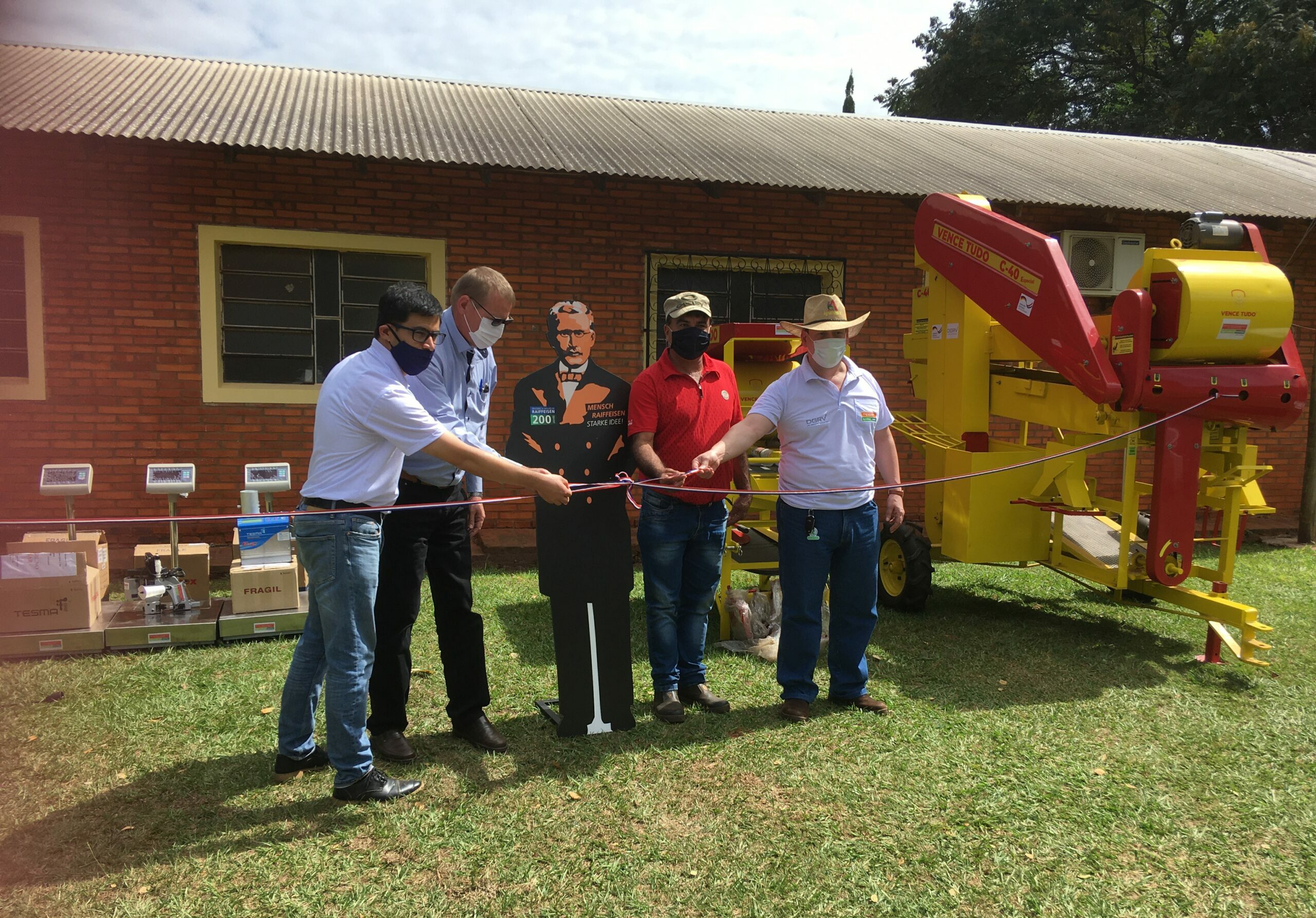

Driving a few hours from the Paraguayan capital Asunción to the interior of the country, one can find villages with signs and billboards in Spanish and German. German radio can be received and German is also taught in school.
The reason for this lies in the first half of the 20th century when several German-speaking Mennonite groups migrated to Paraguay. The Paraguayan state allowed them to found settlements in different places far away from cities. The initial conditions were difficult. Often there were no roads and no functioning water supply. Today, these villages have an impressive infrastructure, with hospitals, schools or old people’s homes.
In addition, German immigrants brought the cooperative idea to their new homeland. Due to the need to create a stable source of income away from the cities, they founded cooperatives for the processing and marketing of their agricultural production.
Today, these cooperatives are economically strong enterprises. They have large factories for the processing and marketing of their products and thus contribute to the stability of their members’ incomes.
In order to transmit their experiences to their environment, some of them founded new cooperatives in the spirit of cooperative “neighbourhood support”. Their members are mainly small Paraguayan farmers.
The DGRV supports these young Paraguayan producers’ cooperatives by strengthening regional value chains and the small-scale industrialization of primary products. The equipment of storage centers promotes joint processing and marketing.
The agricultural cooperative “Cuatro Vientos” is one of the cooperatives created with the help of local residents. As part of the DGRV project, the cooperative was provided with machinery and technical tools, which are available to the farmer members through the storage center. The machines are mainly used for processing beans, corn and sesame. This marked the beginning of “a new chapter in its history,” as described by its president, Luis Ojeda.
Ojeda points out that the new machines increase work speed and thus improve the cooperative’s productivity. But not only that: Due to quality fluctuations in the past, the cooperative suffered from discounts from middlemen. The new machines allow sorting and cleaning of the products and, thanks to moisture meters, sufficient drying can be controlled. The result is a high quality product that improves the farmers’ income and gives them access to new, higher-priced markets.
The contribution of the machines to occupational safety is also important: for example, a conveyor belt replaced a previously used ladder.
Previously, employees had to carry bags weighing up to 50 kilograms on their shoulders, and the ladder had already caused several accidents.
Agricultural products are subject to natural fluctuations in quality. Cleaning and sorting machines now make it possible to sort produce according to quality. The poorest quality, as well as the husks, can still be sold as animal feed, which – in the spirit of the sustainable circular economy – means that hardly any waste is generated in production. Sewing machines make it possible to market the products packaged in bags. Sales under a private label are also being considered.
At the beginning of the project, the producers were very reserved about the project. As DGRV has been building trust with concrete facts of cooperation, they have opened up to the point of asking to jointly conduct strategic planning workshops for their cooperative for the next 3 years. This will be the basis for a relationship based on trust in the medium term with DGRV.
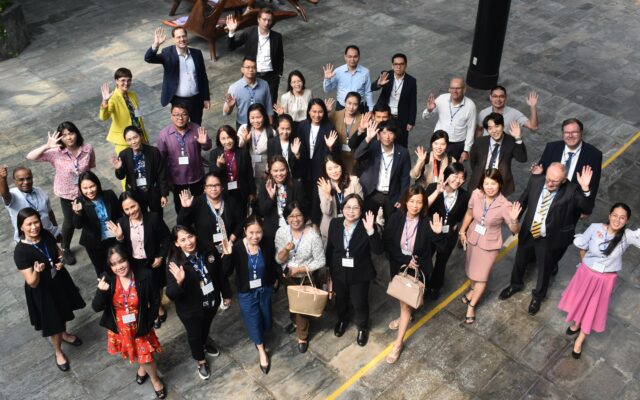
A new partnership between DGRV and the Cooperative Development Authority (CDA) in the Philippines is enhancing regulatory oversight and stability within the cooperative sector.
More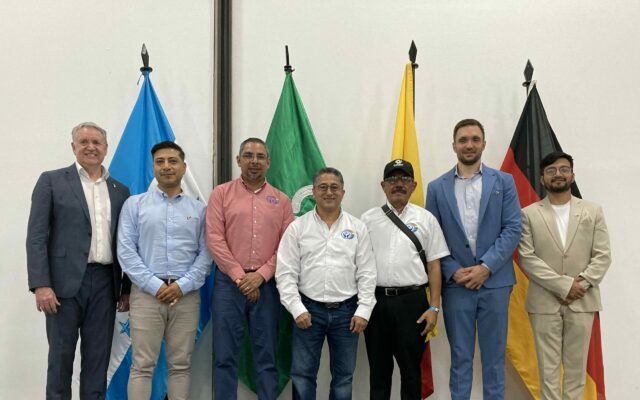
DGRV’s project in Honduras focuses on strengthening the cooperative financial sector, particularly in rural areas, and improving access to financial products and services. The initiative also aims to enhance resilience to climate change and promote the efficient use of natural resources, fostering sustainable and inclusive economic growth.
More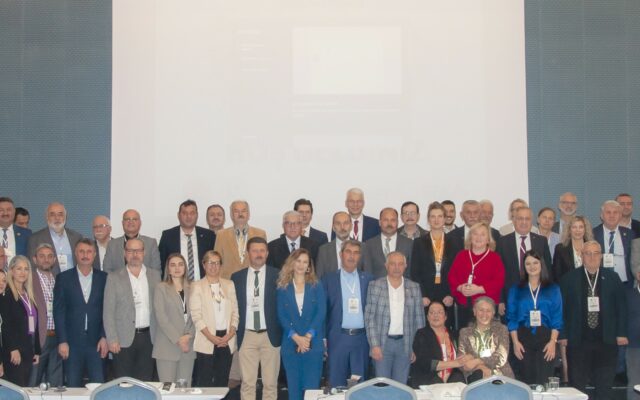
The 8-year long TAKBİ project within the framework of the Turkish and German association cooperation, revitalized Turkish agricultural cooperatives by surmounting challenges, elevating organizational structures, improving service quality, and fostering member satisfaction, leaving a lasting positive impact on the cooperative landscape in Turkey.
More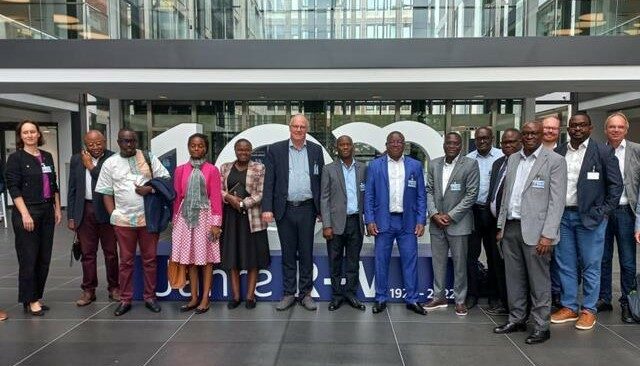
Financial experts from Benin, Cameroon, and Uganda embarked on a journey to Germany to explore the essence of cooperative principles, forging a vision for a resilient banking sector that transcends borders and fosters economic and social progress in African communities.
More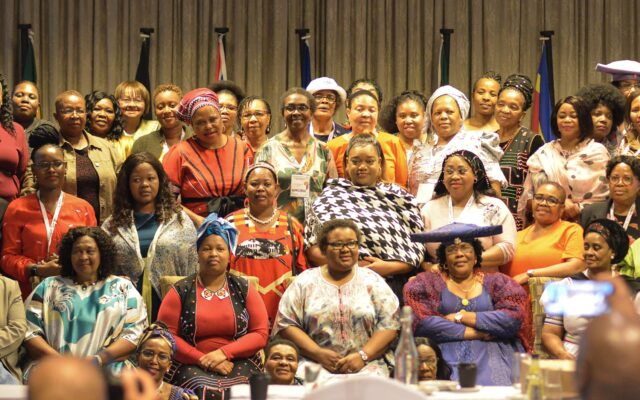
In an extraordinary gathering, female traditional leaders from Southern Africa converged to harmonize the concepts of Ubuntu and cooperative principles, setting a visionary path for community development.
More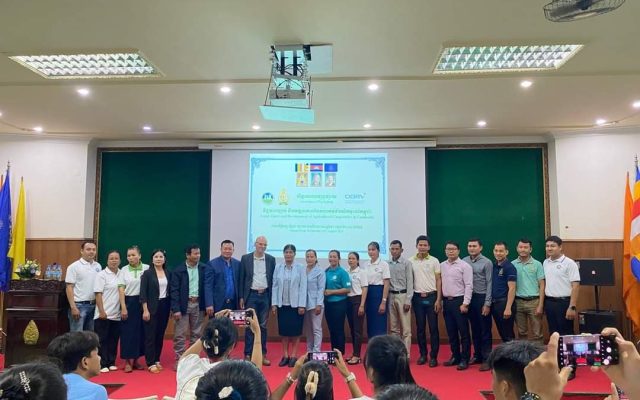
Empowering Cambodia's agricultural cooperatives through dynamic seminars: DGRV and AERD/RUA collaborate to drive leadership, professionalism, and sustainable growth.
More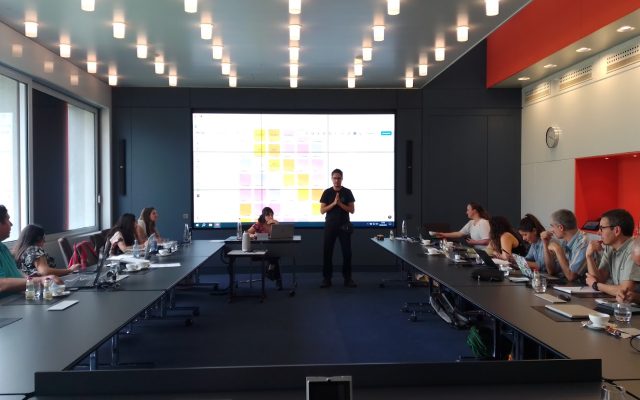
In June, eight Chilean organizations participated in an Exposure Visit to learn from the experience of Energy Cooperatives in Germany
More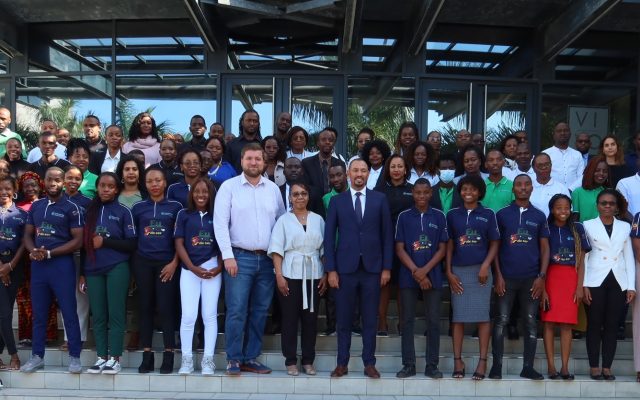
Empowering Mozambican youth through cooperative entrepreneurship to tackle unemployment and promote economic growth.
More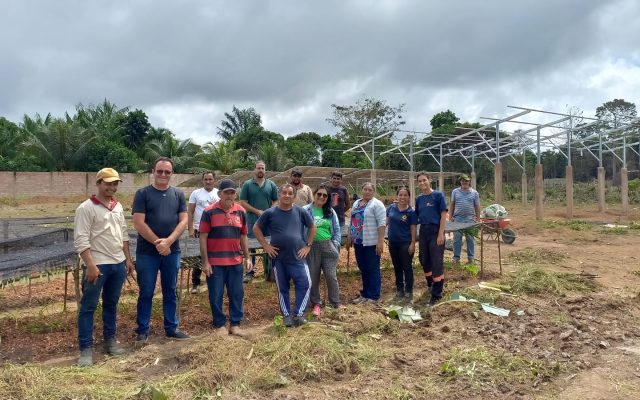
Helping the cooperative CCampo Alimentos to implement an Agrivoltaic pilot project in Brazil
More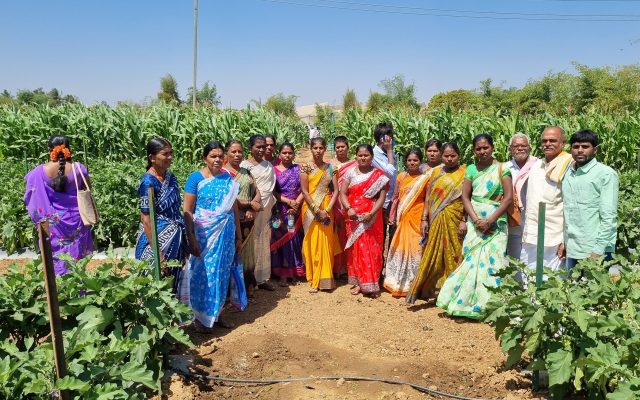
Adaptation measures to climate change in rural areas in India
More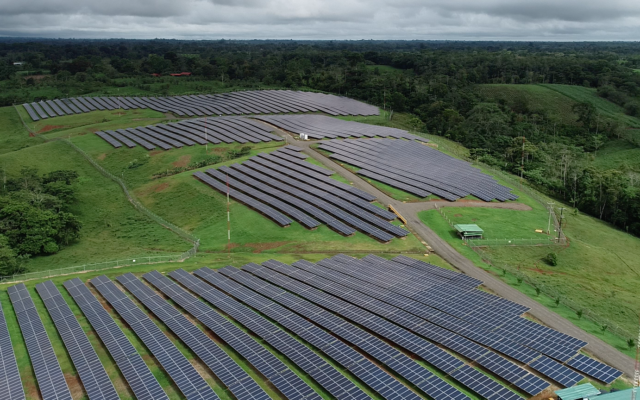
Renewable Energy in Costa Rica generated by cooperatives.
More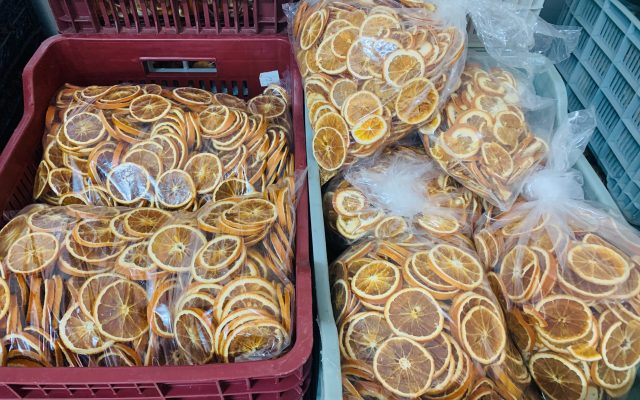
Food Processing with a Regional Federation
More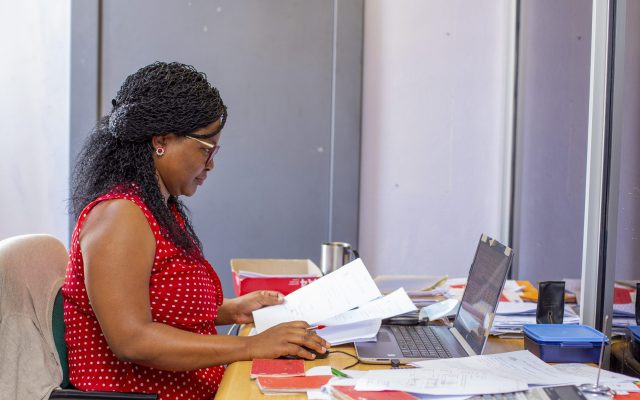
Digitisation of Primary Co-operatives in eSwatini
More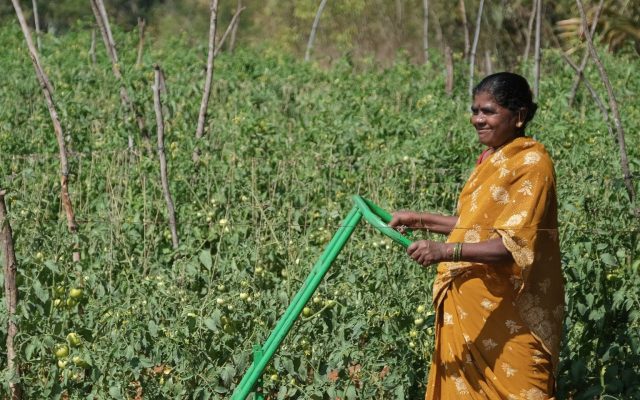
A central solution that enables members to make daily agricultural necessities available promptly and financially affordable
More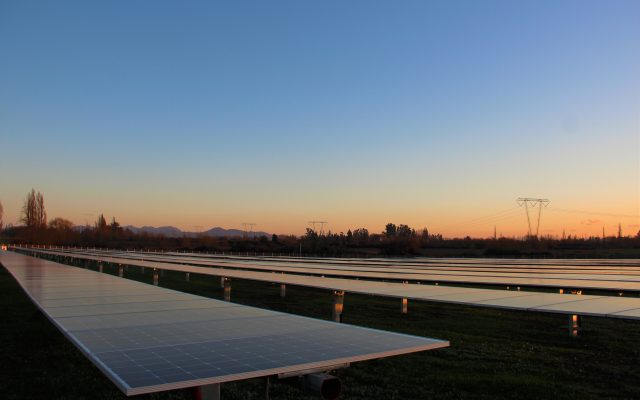
The creation of Community Distributed Generation Cooperatives in Chile.
More
Textile cooperative in Tunisia
More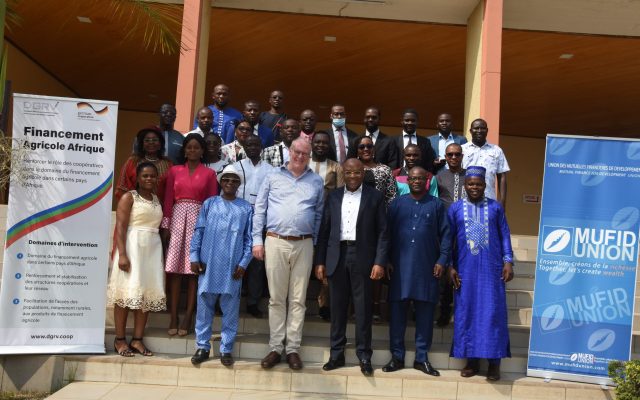
Facilitating access to quality agricultural finance products in Cameroon
More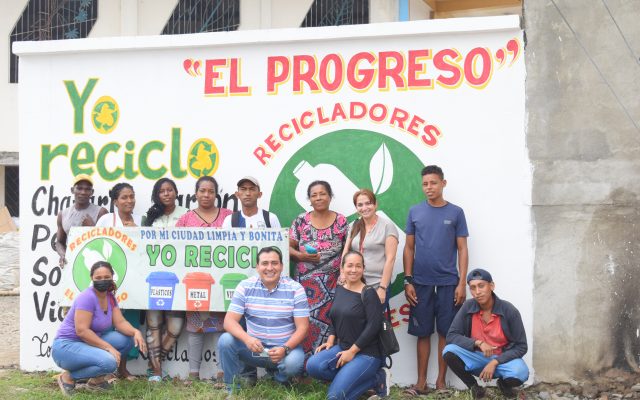
Generating business and commercial connections with the "Networks in Action" project
More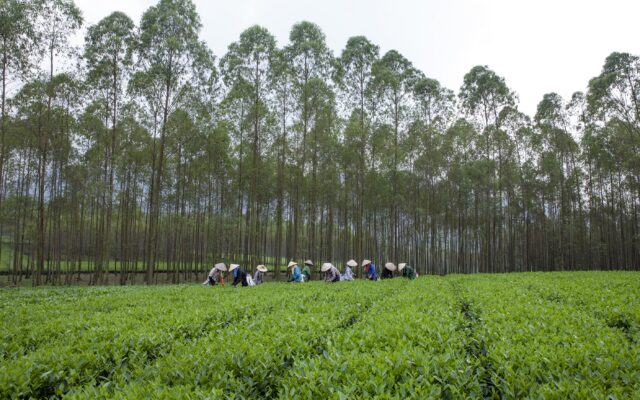
Mid- term courses for cooperative officials in Vietnam
More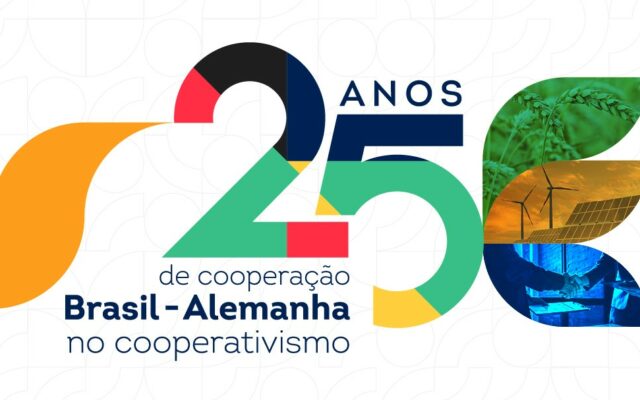
The collaboration between the Brazilian and German cooperative sector
More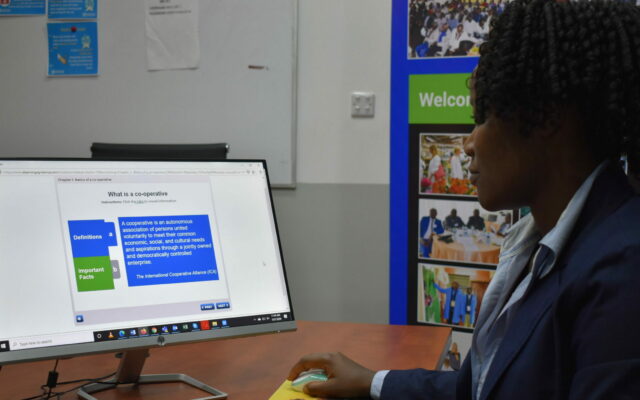
DGRV Kenya supports project partners on their way to adapt to “The new normal” in times of COVID-19
More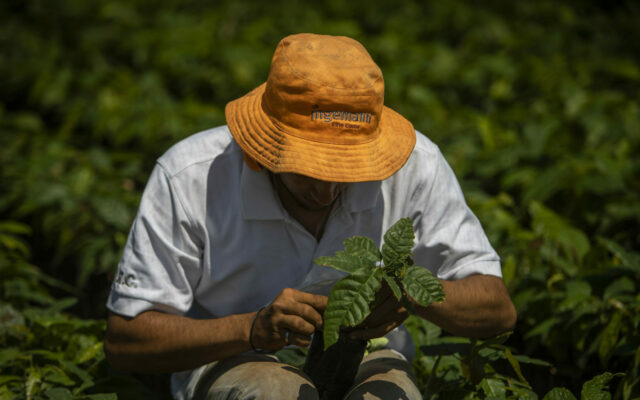
Pablo and his Potatoes
More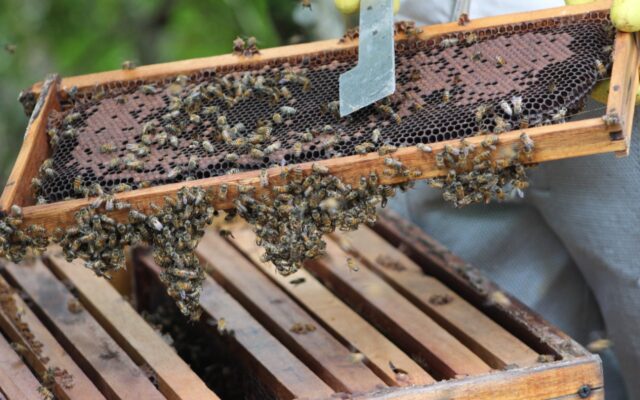
Strengthening small rural producer organizations in Colombia
More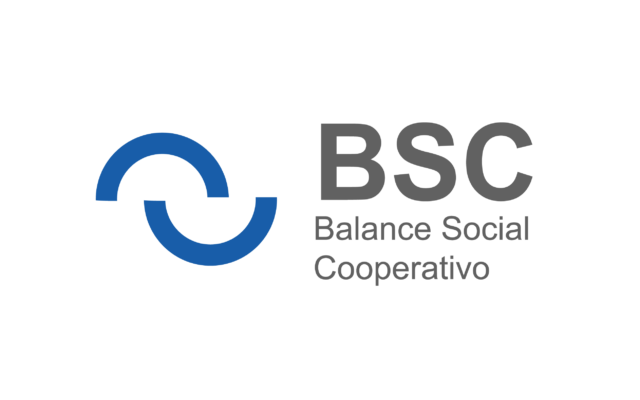
Cooperative Social Responsibility in Honduras
More